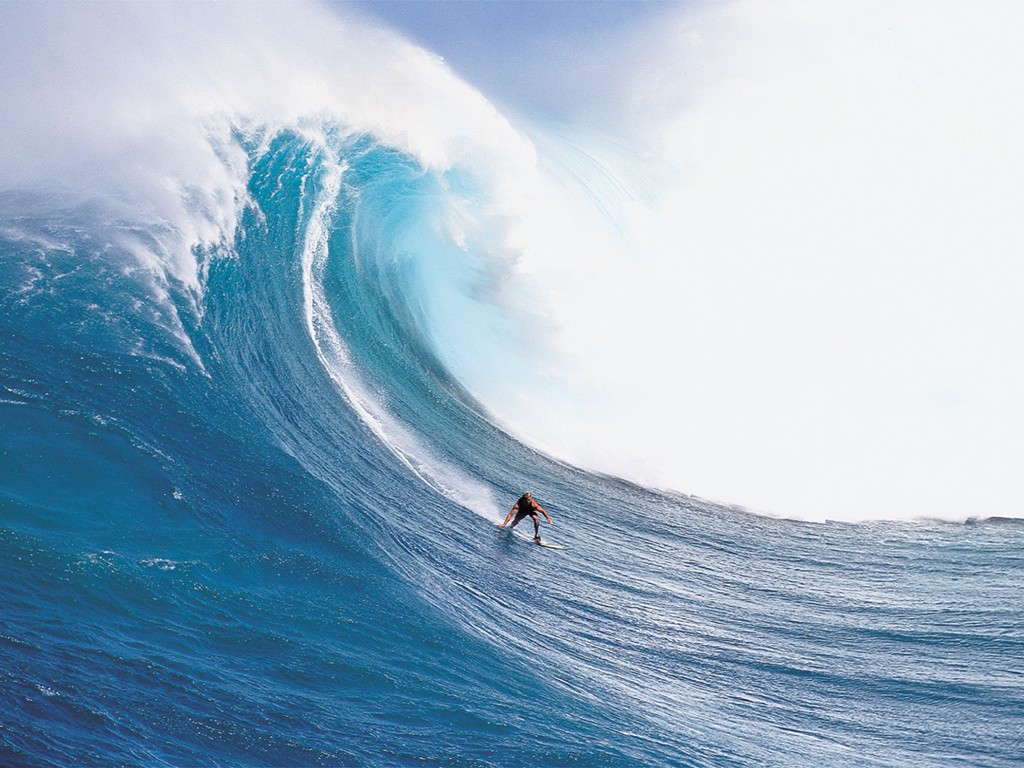(Total Views: 242)
Posted On: 12/30/2019 5:59:58 PM
Post# of 52124
Forgotten history: 50 degrees everywhere, right across Australia in the 1800's

https://www.patreon.com/posts/32490689?fbclid...NkuT0R4cyE
Quote:
It is not a "climate emergency" - it is history repeating! This great article shows us examples of many times before the temperatures have exceeded 50C in Australia!
Don’t believe your lying eyes — Australian newspaper archives are full of temperatures recorded higher than 121 in the shade which is 50C. All of these temperatures in the map below are found in historic newspaper archives. Measurements done after 1910 are even done with official Stevenson screens, yet the BOM “throws them away”. It’s true that ones done in the 1800s are often recorded on non-standard equipment, or are just literally “in the shade” under cover. So some of these, perhaps many, are one or two degrees too high. But even if we take two degrees off, how scary is global warming when Australia knew many days of 48C and 49C and some at 50C 120 years ago? The BOM — supposedly so concerned about the State of Our Climate — show little interest in talking about our history or in analyzing it, or even mentioning it.
And modern temperatures are recorded on electronic equipment, sometimes in areas affected by urban heat islands (concrete and cars).
Australians have been recording temperatures of over 50C since 1828, right across the country. In 1896 the heat was so bad for weeks that people fled on emergency trains to escape the inland heat. Millions of birds fell from the sky in 1932 due to the savage hot spell.
In 1939 outer Sydney reached 122F or over 50C – recorded at Windsor Observatory — a place that had had a Stevenson screen for around 40 years at that stage. Without fanfare, the Ballarat Star in January 1898 notes that there was a “genuine heat wave” in Blanchetown SA in November the year before. Temperatures of 120 and 121 are recorded on four days that month.

https://www.patreon.com/posts/32490689?fbclid...NkuT0R4cyE

